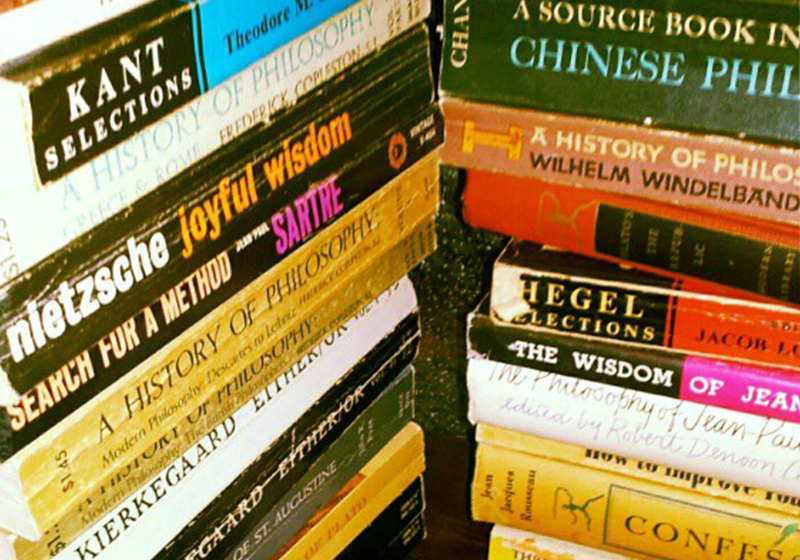
Whoa Writing: Finding Deeper Meaning
From time to time, I like to reflect on lessons learned from reading through the 350–400 submissions we receive each year. There are patterns that emerge that offer guidance for writers looking to make their writing stand out. This periodic series of posts shares observations based on these experiences.
When’s the last time you’ve read Judy Blume’s classic Are You There God? It’s Me, Margaret? If you’ve never read it before, pick up a copy. I read it around age 14 (unusual reading for a boy, I know, but I’ve never been particular about the genders of my protagonists), and recently listened to the audiobook.
Margaret narrates the book, and in it, she talks up to a god she isn’t sure she believes in or understands. At least, her connection to a god isn’t tied to a religion, because her parents don’t have one and don’t want her to have one either. From a storytelling perspective, there’s no need for Margaret to talk to God. Margaret is narrating the story, and her prayers are all things Margaret could directly tell the reader. So why include this?
Including Margaret’s questions about faith helps the reader connect to the deeper meaning and questions of the book: What does it mean to grow up?
The reader learns about Margaret’s physical maturity as she enters puberty. Margaret also must consider what it means to move out of childhood. She leaves her childhood home in New York City and moves to the Jersey suburbs. She attends her first dinner party at a classmate’s house. She works on a yearlong school project about her religious identity, a topic she chose.
New things are scary! Her father’s attempt to mow the lawn results in a badly cut finger. Her friends’ rituals to bring on puberty lead a big brother and his friend to laugh at them. The dinner party begins with a boy blowing a straw full of mustard onto the ceiling. A game of “two minutes in the closet” leads to a kiss from a boy she likes and a kiss from a boy who’s a “drip.” Her new teacher, a man no less!, is hazed by students, and Margaret must figure out if she should go along. And those religious debates get heated when her mom’s estranged parents—who disapproved of her marriage to a Jewish man—result in Margaret declaring she has no use for God.
By framing so many elements in Margaret’s story around transitions between childhood and adulthood, between the familiar and the new, between staying the same or changing, the meaning of the story is enhanced. Ordinary scenes are imbued with deeper resonance and poignancy. A reader can enjoy the story and laugh along with Margaret at the ridiculousness of the dinner party. And a reader can find greater connection to the events and appreciate the thematic complexity of the work.
All this in a short book published over 50 years ago!
When plotting out a work, authors can ask themselves this key question: “What is this work really about?” Go beyond the basic plot and instead think about a deeper message that the story offers. Then find ways for that same struggle to be represented in individual scenes, in the struggles of other characters, in the setting, even in the individual actions of the characters. For every characterization or plot choice, ask, “How can this be tied to the broader themes of my work? How can it help answer the question, ‘What is this book really about?”
For example, in a book I was recently editing, there’s a scene where the characters play golf. Golf can be a metaphor for characterization or theme. Is a character always getting in their own way? Perhaps they hit their ball into every sand trap and then struggle to get their ball out. Is a character always going too far? Perhaps they drive the ball over the green and then chip it back too far. Is a usually controlled character starting to lose it because of events off the golf course? Perhaps they end up breaking a club across their leg or crashing the golf cart into a tree.
Asking these big questions and making connections to theme help craft a work with deeper meaning and lasting value. Not every book needs this kind of attention, but those that give it are rewarded with critical praise and appreciation from readers looking for something deeper.
Do you have any favorite books where you appreciate the work’s thematic strengths? Or perhaps a movie or album? Are there ways you try to work themes into your own work? Share your thoughts in the comments!
